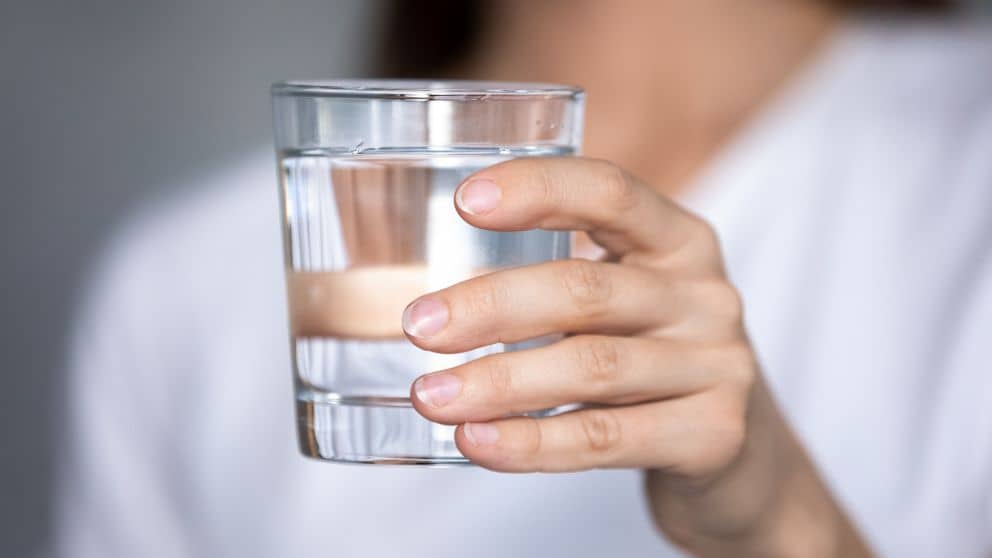
In today's world, where water scarcity and pollution are among the most significant challenges, the need for effective and efficient water treatment technologies has never been greater. Enter Liquiclear, an Indian company that's revolutionizing the water treatment industry with its innovative and futuristic technologies.
At the heart of Liquiclear's revolution are two key technological innovations: the Liqui-Deionization (LDI) and the LDISF technology. These two advanced systems mark a significant leap from conventional water treatment methods, highlighting Liquiclear's forward-thinking approach and commitment to a sustainable future.
LDI technology, incorporated into Liquiclear's water purifiers, stands out for its sustainability and efficiency. Unlike traditional water treatment methods that rely heavily on chemicals, LDI reduces the need for chemical regenerants. By avoiding chemical usage, it curtails the discharge of harmful substances into the environment, fostering a greener and cleaner water ecosystem.
The efficiency of LDI technology extends to energy consumption as well. Devices employing this technology operate on less energy compared to other water treatment systems such as reverse osmosis, contributing to reduced greenhouse gas emissions and a smaller carbon footprint. With its potential for integration with renewable energy sources, LDI technology lays the groundwork for sustainable water treatment solutions that run on clean and renewable energy.
Alongside LDI, the LDISF system, an electronic water softener, further exemplifies Liquiclear's futuristic vision. It removes hardness from water without relying on resin or salt, making it an ecologically friendly choice. The LDISF system is fully automated and allows for hardness tuning, making it a user-friendly and efficient solution for water softening.
The features of Liquiclear's systems align well with the principles of the Circular Economy model, which aims at eliminating waste and the continual use of resources. With low maintenance requirements and a longer lifespan due to the absence of moving parts, Liquiclear's systems reduce waste generation and the need for frequent replacements.
Additionally, the ability of these systems to improve water quality is noteworthy. By removing a wide range of contaminants, including heavy metals and dissolved salts, they protect ecosystems, aquatic life, and human health, reinforcing the company's commitment to sustainable water ecosystems.
In essence, Liquiclear's technological innovations represent a new era in water treatment. By developing systems that prioritize efficiency, sustainability, and adaptability, Liquiclear is not just keeping pace with the changing demands of water treatment; it is actively shaping the future of the industry. This leadership role underscores its vision for a future where clean and safe water is accessible to all, and water treatment is conducted in an environmentally responsible manner.